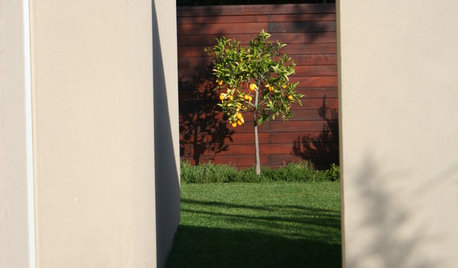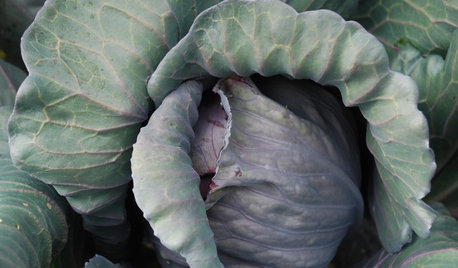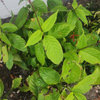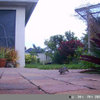Citrus and "Greening"
Carol love_the_yard (Zone 9A Jacksonville, FL)
11 years ago
Related Stories

COLORColor of the Week: 10 Tangy Ways with Citrus Green
Add some zest to your home with a little — or a lot of — lively lime
Full Story
SHOP HOUZZShop Houzz: Citrus Hues in the Bath
Splash on bright yellow, orange and green for the cheeriest bathroom around
Full Story0

GARDENING AND LANDSCAPINGCitrus 101: Start Your Own Backyard Orchard
This Earth Day Weekend, Add Some Green, Style and Deliciousness to Your Landscape
Full Story
APARTMENTSHouzz Tour: Refreshing Citrus Twist in a London Home
Orange, yellow and green accents wake up a neutral palette in a new 1-bedroom unit
Full Story
GARDENING GUIDESHow to Keep Your Citrus Trees Well Fed and Healthy
Ripe for some citrus fertilizer know-how? This mini guide will help your lemon, orange and grapefruit trees flourish
Full Story
YELLOWCitrus Hues Add Zest to Rooms
You almost don't need to clean when you wash your spaces with the refreshing colors of lemons, limes and oranges
Full Story
GARDENING GUIDESSpring Citrus Care Reaps Months of Sweet Rewards
Learn how to tend citrus trees in spring and ways to preserve their delicious fruit
Full Story
DECORATING GUIDESNature’s Color Wisdom: Lessons on Green From the Great Outdoors
Green will grow on you for interiors when you look outside for ideas on how to use it
Full Story
KITCHEN DESIGN2012 Color Trends: Touch of Green for Kitchen and Bath
See how green can serve as both an accent color and new kind of neutral
Full Story
BATHROOM COLORSpring Forward With a Green Bathroom
Use nature’s freshest hues to make your space really sing
Full Story









writersblock (9b/10a)
Carol love_the_yard (Zone 9A Jacksonville, FL)Original Author
Related Professionals
Edmond Landscape Architects & Landscape Designers · Suffern Landscape Architects & Landscape Designers · Alamo Landscape Contractors · Corona Landscape Contractors · Royal Oak Landscape Contractors · Seven Hills Landscape Contractors · West Orange Landscape Contractors · Hawaiian Gardens Landscape Contractors · Lenoir Decks, Patios & Outdoor Enclosures · Paradise Valley Decks, Patios & Outdoor Enclosures · Rocklin Decks, Patios & Outdoor Enclosures · Salt Lake City Decks, Patios & Outdoor Enclosures · Cypress Siding & Exteriors · Sacramento Siding & Exteriors · Wethersfield Siding & Exteriorsslopfrog
writersblock (9b/10a)
tinael01
starryrider
Carol love_the_yard (Zone 9A Jacksonville, FL)Original Author
slopfrog
Carol love_the_yard (Zone 9A Jacksonville, FL)Original Author
jofus, ( Englewood, Fl zone 10a )
thetradition
starryrider
writersblock (9b/10a)
thetradition
carolb_w_fl_coastal_9b
Carol love_the_yard (Zone 9A Jacksonville, FL)Original Author
thetradition
inulover (9A Inverness, Florida)
TampaBull
Carol love_the_yard (Zone 9A Jacksonville, FL)Original Author
thetradition
castorp
inulover (9A Inverness, Florida)
coffeemom
thetradition
Carol love_the_yard (Zone 9A Jacksonville, FL)Original Author
Carol love_the_yard (Zone 9A Jacksonville, FL)Original Author
Michael AKA Leekle2ManE
pnbrown
Orlando-Dave
pnbrown
garyfla_gw
ibarbidahl
Carol love_the_yard (Zone 9A Jacksonville, FL)Original Author
Carol love_the_yard (Zone 9A Jacksonville, FL)Original Author
writersblock (9b/10a)
Carol love_the_yard (Zone 9A Jacksonville, FL)Original Author
Jeremy Millrood
writersblock (9b/10a)
writersblock (9b/10a)
bea (zone 9a -Jax area)